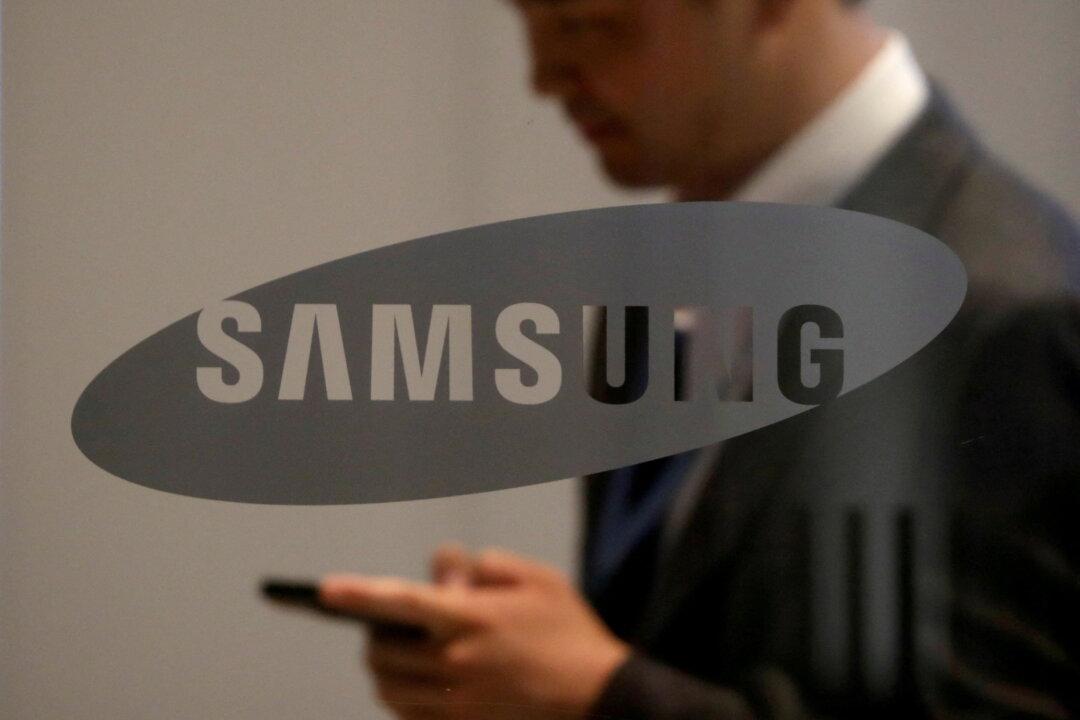SEOUL—Unionized workers of Samsung Electronics have threatened what would be an unprecedented strike at the tech giant if their demands for higher pay and better working conditions are not met.
Union representatives held a rally on Wednesday near Samsung’s headquarters in midtown Seoul after government arbitration broke down earlier this week. They are calling for wage gaps among employees to be narrowed, more paid leave, and better health benefits.





